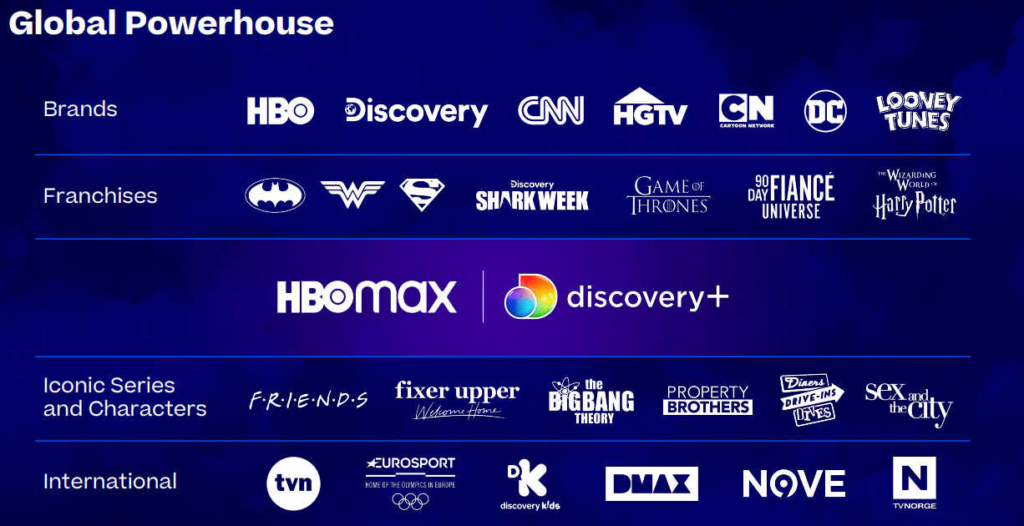The entertainment industry is undergoing a tumultuous period, with traditional TV networks struggling and streaming services battling for dominance. Amid the shifts, there’s a provocative idea: What if Apple, a tech giant with a history of strategic acquisitions, were to buy Warner Bros. Discovery? The acquisition could provide Apple with a substantial boost in its services business, expand its content library, and place it in a more competitive position against other streaming platforms.
What’s Happening & Why This Matters
Apple’s Interest in Warner Bros. Discovery
Apple has previously shown interest in acquiring HBO, a key asset of Warner Bros. Discovery, and has already invested heavily in building its own streaming service, Apple TV+. However, the results have been mixed. By purchasing WBD, Apple could instantly gain access to a successful studio and a robust streaming service, effectively bypassing the challenges of building one from scratch. This acquisition would allow Apple to step back and let Warner Bros. Discovery continue its operations, which have already garnered a loyal audience.
Warner Bros. Discovery’s stock has been declining since its merger in 2022, with a current market cap of around $17 billion. Including its $40 billion debt, the enterprise value is about $60 billion. If Apple were to offer a premium, the total cost could reach approximately $70 billion. For a company like Apple, with a market value exceeding $3 trillion and annual profits of $100 billion, this is a manageable expense. The acquisition would expand Apple’s services division, a crucial growth area as its hardware sales slow.
Regulatory Concerns & Cable TV Challenges
Acquiring Warner Bros. Discovery would undoubtedly attract scrutiny from regulators, especially considering the scale of such a deal. The acquisition would involve a tech company absorbing a major media conglomerate, which could raise antitrust concerns. However, Apple’s CEO, Tim Cook, has a reputation for navigating complex political landscapes, suggesting that Apple might be able to manage the regulatory hurdles.

One significant drawback of acquiring Warner Bros. Discovery is its collection of declining cable TV networks, which tech companies like Apple have traditionally avoided. However, WBD’s reduced valuation might make these assets more palatable. If the cable networks prove too burdensome, Apple could consider spinning them off to a private equity firm, focusing instead on the more lucrative aspects of Warner Bros. Discovery, such as its film and TV production studios.
TF Summary: What’s Next?
While the idea of Apple acquiring Warner Bros. Discovery might seem like fantasy, it is becoming increasingly plausible. Such a move could provide Apple with a significant content library, enhance its streaming service, and offer a strategic advantage in the entertainment industry. However, challenges such as regulatory scrutiny and the handling of declining cable assets would need careful consideration. If Tim Cook is looking for a defining move before his tenure ends, this acquisition could be a bold step that reshapes Apple’s future in the media landscape.
— Text-to-Speech (TTS) provided by gspeech


